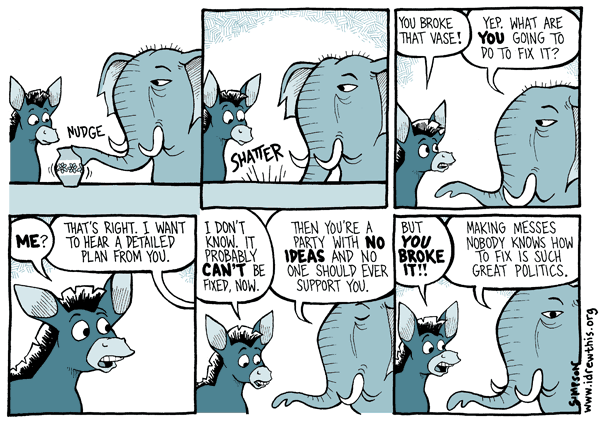Social Security’s surplus is not disappearing. While it is true that revenue income received by the Trust Funds has declined during the recession, the program’s financial health is still sound. In fact, as we stated earlier, the surplus held by the Trust Funds is still growing, and is projected by the Social Security actuaries to reach a peak in 2020 of $3.1 trillion.
These surpluses and the interest income they yield, along with continuing payroll taxes and other receipts to the Trust Funds, are sufficient to assure payment of all benefits through 2037. However, it is also true that, at least for the time being, Social Security’s Trust Funds are not able to loan money to the general government and will loan less in future years than was previously projected.
Don't confuse one kind of surplus with another. Whether intentionally or unintentionally, those who assert that the "surplus in Social Security is disappearing" are misleading the American public. In fact, Social Security has two types of surpluses: the "annual surplus" and the "total assets" (sometimes also known as the "surplus"). An "annual surplus" occurs in any year in which the revenue to Social Security that year exceeds the outgo for the year. As those annual surpluses accumulate over time, they become the "total assets" of the Social Security Trust Fund. Because many people refer to those accumulated assets as Social Security's surplus, they may incorrectly conclude that the reduction in projected annual surpluses over the next few years means that all of the assets in the Trust Fund, which equal over $2.5 trillion, will disappear in the short term and that Social Security will soon be unable to pay benefits. The truth is that, even after taking into account the impact of the recession, the assets held by the Trust Fund will continue to permit payment of full benefits until 2037.




